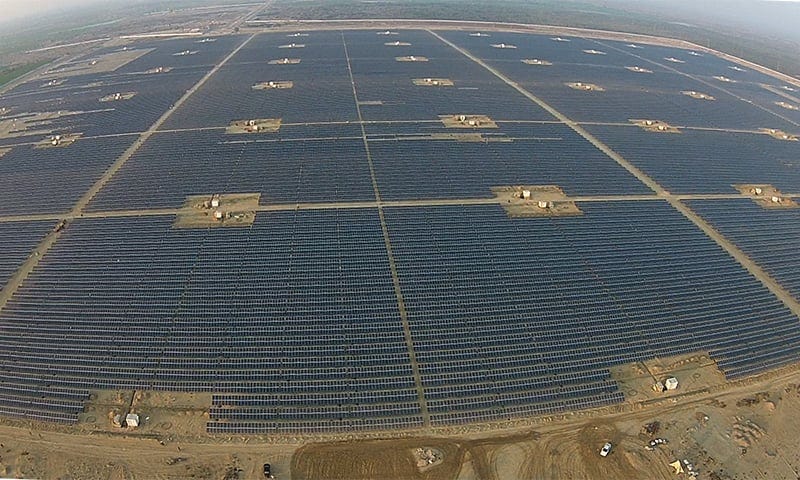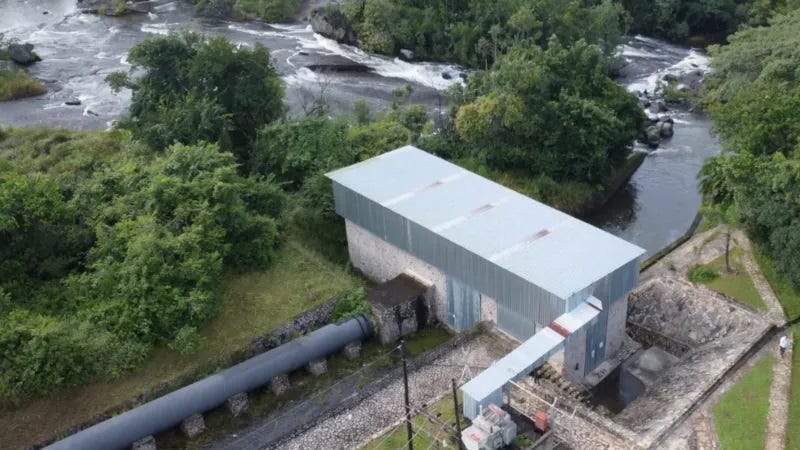#30 Hope for Bitcoin Mining in EU?
Dear subscriber
This month I did a mini European-tour discussing why Bitcoin mining solves Five major energy problems facing humanity. I was in Lisbon, Paris, Bedford UK and London UK, where I met with a number of people in the energy sector and gave three talks, was on three panels, and appeared on two podcasts
It turned out, what I learned was as important as what I shared. There’s an untold story about Bitcoin mining in EU. It’s a story full of optimism. I’ll share in the second part of this newsletter. But first, let’s look at what’s new this month.
Top Picks
There's a growing trend of government-led pro-Bitcoin initiatives. In the US, Senator Ted Cruz has introduced a bill designed to incentivize the use of flared gas for low-cost energy production to power Bitcoin mining operations. This bill, if enacted, will be a double-edged sword; it will utilize flared gas, turning it into productive energy while reducing environmental emissions.
Meanwhile, the French government is considering mining Bitcoin using surplus energy generated by the state-owned energy giant EDF France. While these discussions are early-stage, Bitcoin is ideally suited to solve the issue. The country is currently grappling with a surplus of electricity production, which it has to get rid of by selling at negative prices to its European counterparts, costing it nearly €12,000 per MWh.
This was exactly why Bhutan started mining Bitcoin. Watch this space.
Pakistan is also planning to allocate part of its surplus electricity to Bitcoin mining. The country's rapid expansion of solar energy projects by independent power producers—who were offered incentivized deals, including guaranteed returns and commitments to pay for unused power—has led to a surplus in electricity production at unsustainable levels. In a bid to rescue the situation, the country is turning to Bitcoin miners to use the surplus power.
Perhaps Kenya's power producers can take a leaf out of these cases, considering the country's energy regulatory body, EPRA, compelled its geothermal power producers to cut their optimal electricity output by 511.72 GWh to accommodate larger power imports from Ethiopia.
Beyond using Bitcoin mining to solve energy- and environment-related problems, governments are adopting Bitcoin to shift away from dollar reliance in global trade. Bitcoin's growing reputation as a neutral, decentralized asset makes it an effective monetary asset in a fragmented global financial system. China and Russia are leading the charge, now settling energy transactions in Bitcoin.
As these stories illustrate, Bitcoin is emerging as a powerful tool for reshaping global energy systems, not just global financial systems.
Trailblazers
Zengamina is a small hydro-power plant tucked in the hills of Ikelenge District in North-Western Zambia. Built in the early 2000s out of charity donations to power a local hospital, the mini hydroelectric plant provides electricity to up to 15,000 locals. But due to slow uptake from the community, the project has struggled over time to meet its operating expenses.
It needed a major user of power to remain sustainable. That came in the form of Bitcoin mining through a partnership with Gridless. Today, the Bitcoin mine accounts for around 30% of the plant's revenue, which has enabled them to keep the prices down for the local community, hence furthering rural electrification while keeping it sustainable. Read more.
Meanwhile, MARA has fully energized a 25 MW data center converting flared natural gas into electricity. In 5 months since Since operations began the project has reduced 29,300 metric tons of CO2 which is equivalent to removing 6,800 gasoline-powered vehicles from the road for an entire year.
The project was a partnership with NGON, which helps oil companies eliminate the flaring of natural gas. Now, 18% of MARA's power generation profile, which additionally includes wind power projects in Texas and North Dakota, is powered by flared gas. Read More.
Features
I joined Preston Pysh for a conversation exploring how Bitcoin is transforming the renewable energy sector and reshaping perceptions of energy use. More specifically, we discuss the use of methane from landfills to power mining operations and why the rising energy use from Bitcoin mining isn't inherently negative. (55 min watch)
On another episode of What Bitcoin Did, I sat down with Danny Knowles to explore how the current Bitcoin cycle is different from previous ones, driven by sovereign wealth funds, pension funds, and mining companies, rather than just retail investors (1 hr 18 min watch)



